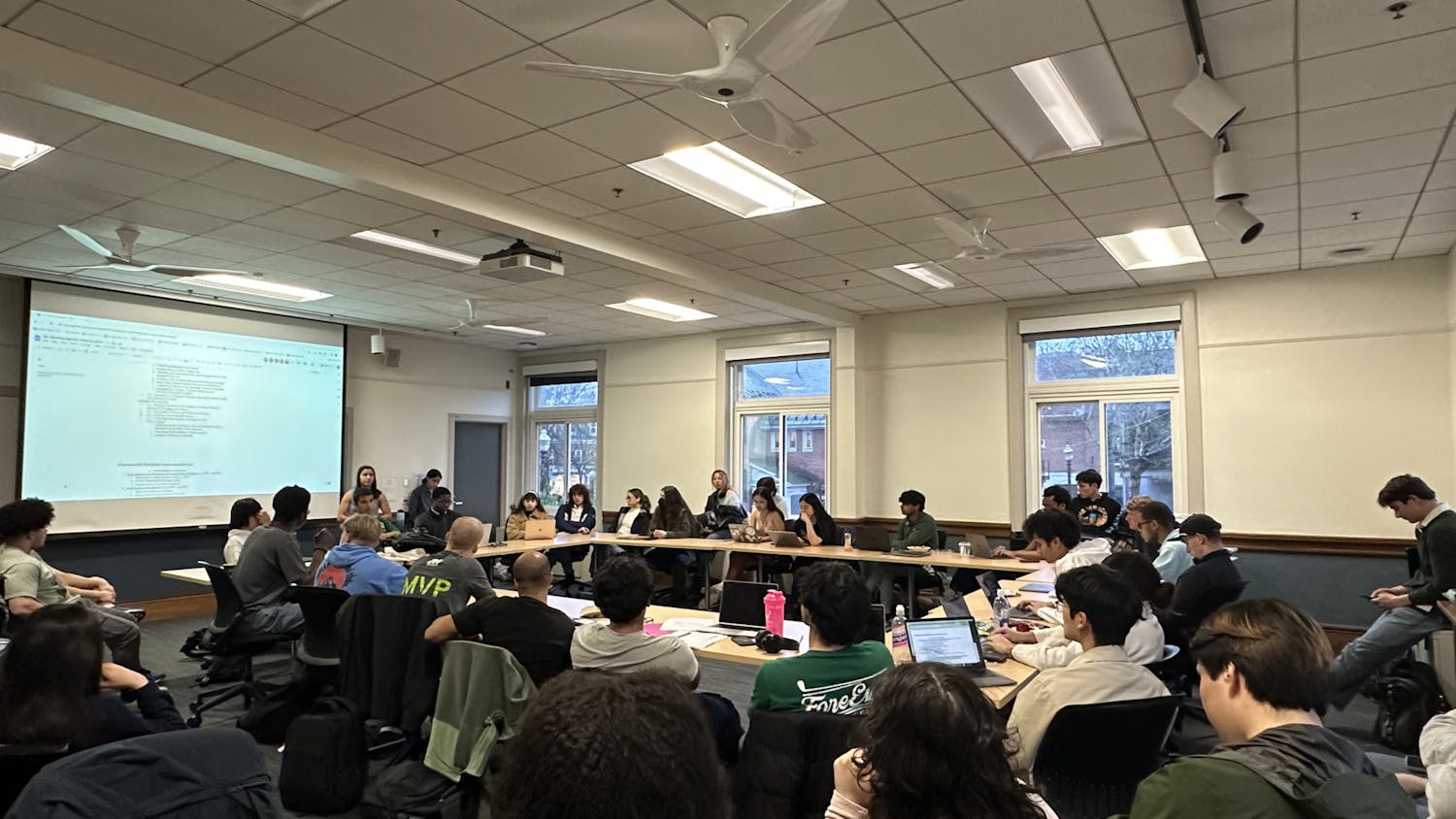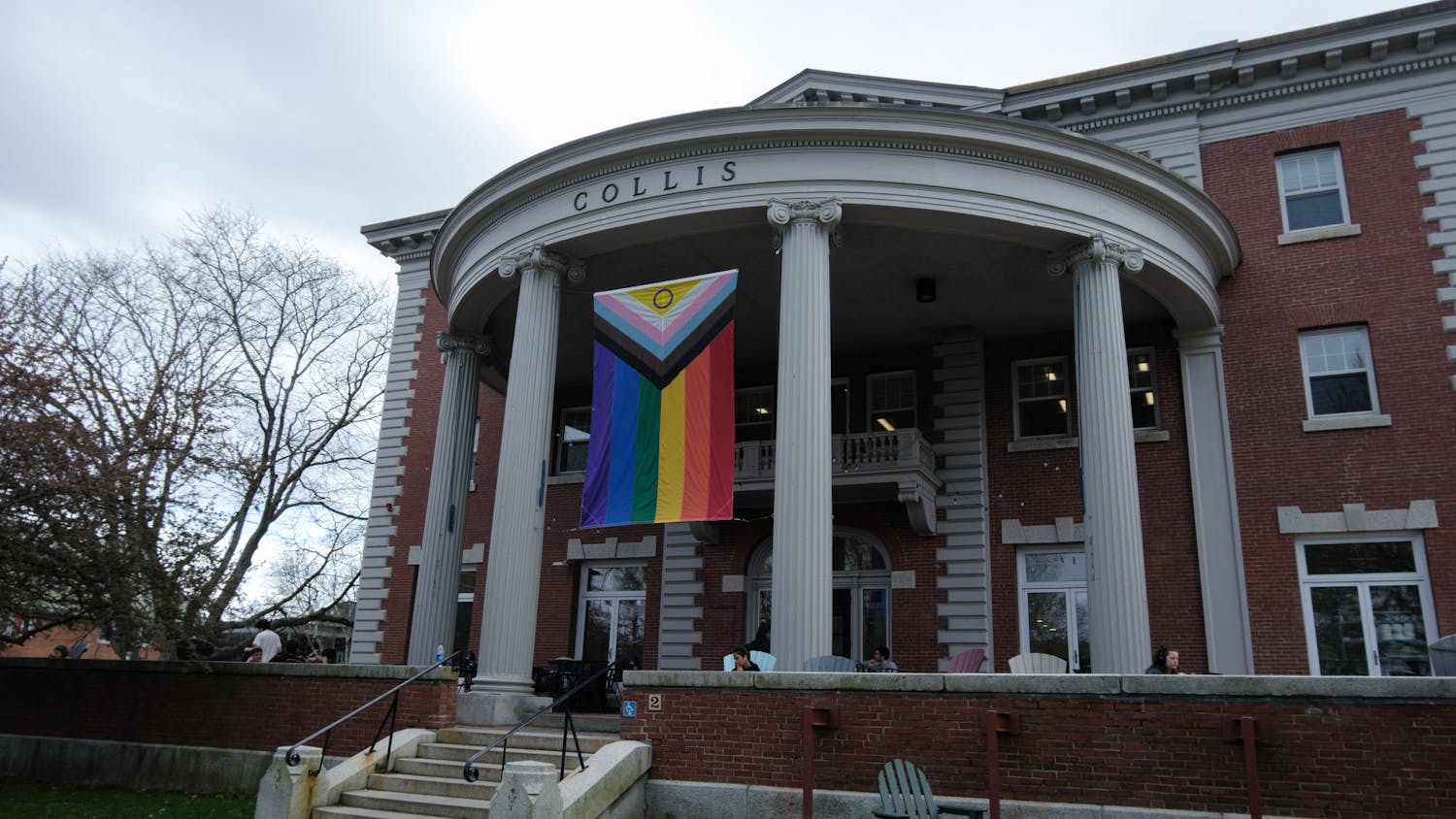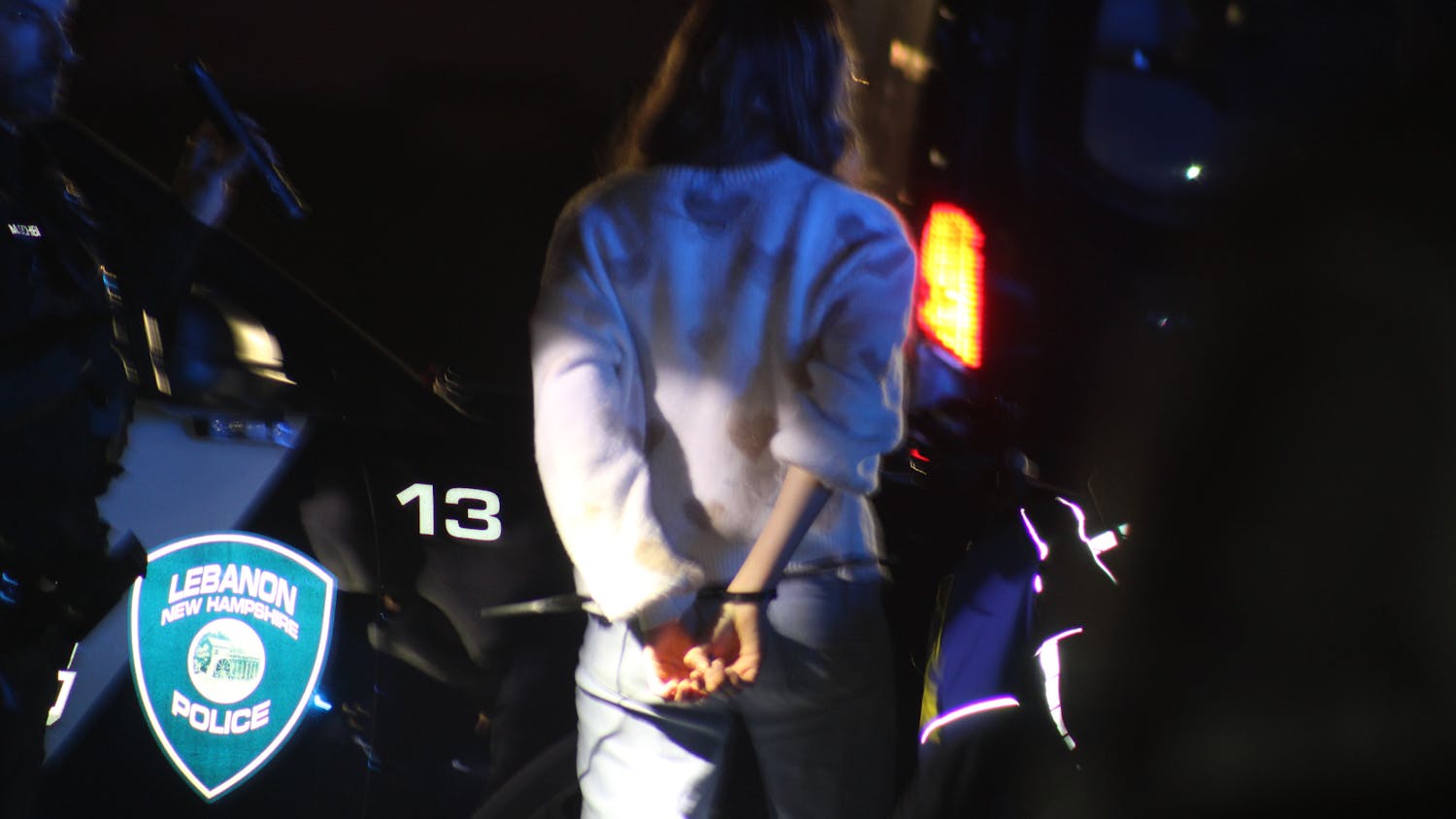Two Dartmouth history professors, Pamela Crossley and Leo Spitzer, were among 12 historians and 137 other artists, scholars and scientists to receive this year's Guggenheim Fellowship Awards.
Guggenheim Fellows are appointed annually on the basis of "unusually distinguished achievement in the past and exceptional promise for future accomplishment," according to a statement from the Guggenheim Foundation.
Dartmouth is the only school in the country to have two Fellows selected from the same department. Both professors will use their share of the award to write books.
"Having two Guggenheim Fellows in the same department only reinforces the fact that Dartmouth is in the high ranks of research institutions," Crossley said.
Spitzer and Crossley were selected from more than 3,000 applicants to receive a portion of the $4,070,000 awarded this year.
Crossley will use her share, which is close to $28,000, to write a book relating art and artifacts from early modern China to the empire's maintenance of power.
"My book will be about the ideological impact on precious objects in imperial China," Crossley said.
Crossley will study art and artifacts from China's Qing Empire, which stretched from Korea to Afghanistan from 1644-1912.
"The collection contained all kinds of precious objects collected from all over the empire," Crossley said. "The collection seems to have important correspondence to various aspects of ruling."
"For instance, the collection of ancient bronzes represented a continuous legitimacy from ancient times up to Qing times," Crossley continued. "I want to link the items to specific personalities and components of rule."
Crossley said she will use the money to travel in Europe and China researching her book. She is not yet sure which term she will take off.
Spitzer said he will use his share of the award money to finish his book on the emigration of Central European Jews to Bolivia during World War II and how that experience is related to collective memory.
"My book is based on oral interviews with survivors and Bolivian witnesses, photographs and other documents," Spitzer said .
Spitzer said this particular historical period offers an opportunity to "come to some understanding of what refugee identity was then, to study history and memory and the relationship between them and to learn about encounters with alien groups."
Spitzer's parents fled Nazi-dominated Germany for Bolivia, where he was born. Spitzer came to the United States when he was 10 years old. Nearly 20,000 Jewish people emigrated to Bolivia during the Nazi occupation.
"When writing this book, I have to maintain my dual role as participant and historian," Spitzer said. "Because this is both a personal and historical study, I had to keep a lot of voices alive."



